
Pulp Nonfiction
“Zippy” creator Bill Griffith’s new book Invisible Ink is a curious masterpiece, merging the real-life personal saga of his mother with the story of the forgotten pulps.


“Zippy” creator Bill Griffith’s new book Invisible Ink is a curious masterpiece, merging the real-life personal saga of his mother with the story of the forgotten pulps.

Pulsating with racial and national anxieties, cyberpunk icon William Gibson’s future America is not so different from the one we know.

By reframing war in terms of “moral injury,” philosopher Nancy Sherman dodges the question of who is responsible for its horrors in the first place.
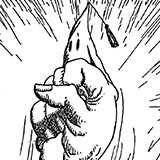
An interview with historian Lisa McGirr about her new book The War On Alcohol, and why Prohibition was more important than most people think.
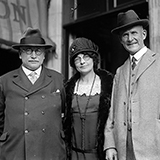
If Bernie Sanders’s presidential run is to herald a new socialist movement, American leftists will have to overcome the combination of sectarianism, repression, and cooptation that doomed their predecessors.
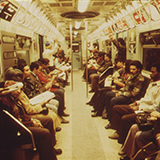
City on Fire—Garth Risk Hallberg’s massive and elaborately constructed novel about New York in the 1970s—offers the contours of the great social novel. But it struggles to reveal the ways in which power actually works.

David Bowie’s lyrics were hard to mine for political content, but his songs will continue to suit moments they were never written for.

Have we lost the deeply democratic vision that animated the early internet?

Attacks on public-sector unions are setbacks not just for organized labor but for anyone who believes the state should ensure access to basic social needs.

An interview with historian Vanessa Ogle about her new book The Global Transformation of Time.

An interview with journalist Atossa Araxia Abrahamian about her new book, The Cosmopolites, and the buying and selling of citizenship.

The American marketplace of “wisdom” is booming again. A long tradition of feminist thought reveals how flawed it is—and what true wisdom might look like instead.
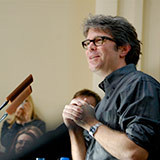
Jonathan Franzen’s quixotic war against the internet
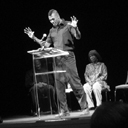
Our nation’s language when it comes to race is exhausted. These poets are forging a new one.
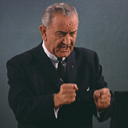

We can appreciate the positive changes LBJ’s Great Society programs brought about without downplaying their weaknesses in conception and execution.